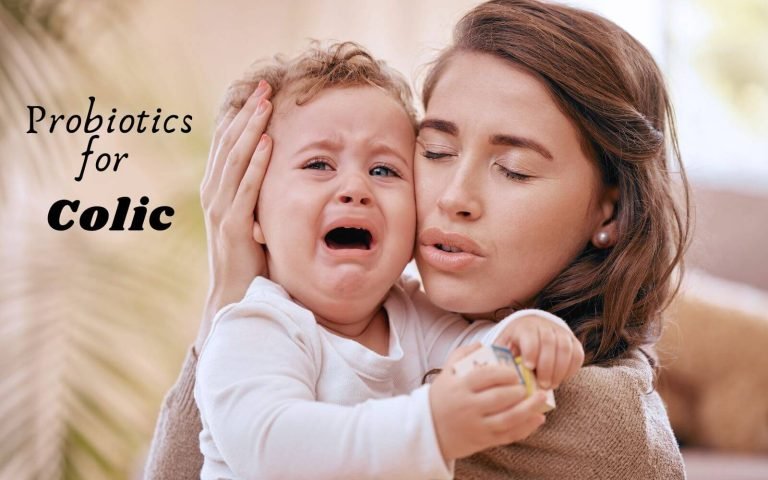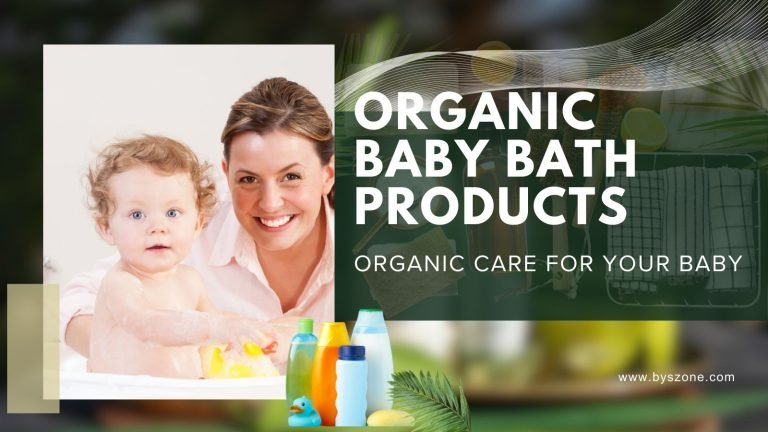Essential Benefits of Liquid Probiotics for Babies: Everything You Need to Know

When it comes to ensuring your baby’s overall health, gut health plays a crucial role. Introducing baby probiotics into your little one’s routine can help balance the digestive system, making it easier for them to process food, absorb nutrients, and even support their immune system.
Probiotics may help prevent common issues like gas, colic, and diarrhea. If you’re wondering what you need to know about using probiotic supplements for your infant, we’ve got you covered with all the essential information.
Key Takeaways – Benefits of Liquid Probiotics for Babies
- Probiotic supplements contain live microorganisms that promote healthy gut bacteria, improving infant digestion and overall health.
- Giving probiotics to infants can prevent issues like colic, constipation, and diarrhea.
- Probiotics may help reduce skin issues like eczema by promoting healthy gut function.
- They are available in various forms, including liquid probiotics, and can be mixed with milk, formula, or even breast milk.
- Always talk to your doctor before introducing probiotics to your baby’s routine for safety and the right dosage.
1. What Are Probiotics, and Why Are They Important for Babies?
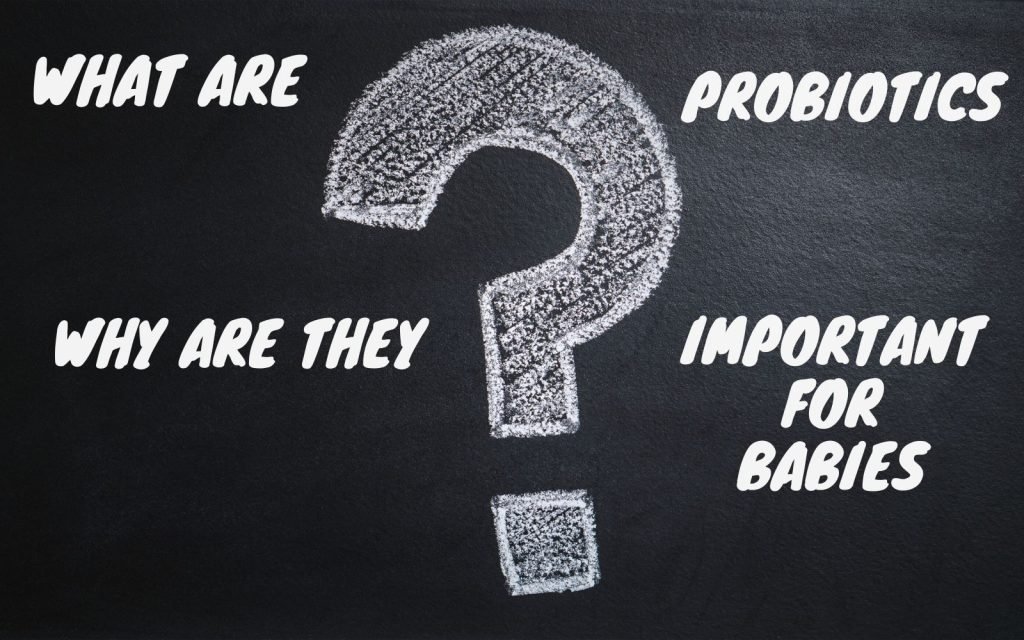
Probiotics are live microorganisms that introduce good bacteria to the digestive tract. These beneficial bacteria are essential for infant digestion, helping them break down food and absorb nutrients more effectively. While adults can get probiotics from fermented foods like yogurt, sauerkraut, and kimchi, babies benefit more from liquid probiotics designed specifically for their sensitive digestive systems.
Research has found that probiotics support a baby’s immune system by maintaining a healthy balance of bacteria in the gut. This is especially important for babies born via C-section or those who are formula-fed, as they may have a different gut microbiome compared to breastfed infants.
Types of Probiotics for Babies
Not all probiotics are the same. The two main types of probiotics used for babies are lactobacillus and bifidobacteria. Lactobacillus is commonly found in breast milk and yogurt, while bifidobacteria are often used in baby probiotics to help digest food and support the immune system. It’s essential to choose the type of probiotic that suits your baby’s specific needs.
2. Health Benefits of Probiotics for Infants

2.1. Improves Digestive Health
One of the main benefits of probiotics for infants is their ability to improve gut health. By balancing the bacteria in the digestive tract, probiotics can ease issues like constipation, gas, and diarrhea. In fact, probiotics can help soften stool, making it easier for babies to pass.
2.2. Reduces Colic Symptoms
Many parents look for solutions to ease colic. Probiotics may help by reducing the crying time in colicky babies. According to clinical research, certain strains, such as lactobacillus reuteri, have been shown to reduce the symptoms of colic and improve comfort for your baby.
2.3. Boosts Immune System
A healthy gut leads to a stronger immune system. By introducing good bacteria through probiotics, you can help your baby develop a more robust defense against common infections and illnesses. This could potentially help prevent infections and other gastrointestinal issues.
2.4. Eases Constipation
If your baby struggles with constipation, probiotics can help improve their digestion. By promoting the growth of healthy gut bacteria, probiotics allow your baby to digest food more effectively and reduce the chances of digestive discomfort.
2.5. Supports Skin Health
Gut health is also connected to skin health. Babies who have a balanced gut microbiome may experience fewer skin issues like eczema. The anti-inflammatory properties of probiotics may help relieve skin conditions by maintaining the gut’s microbial balance.
3. Choosing the Best Probiotic Supplements for Your Baby
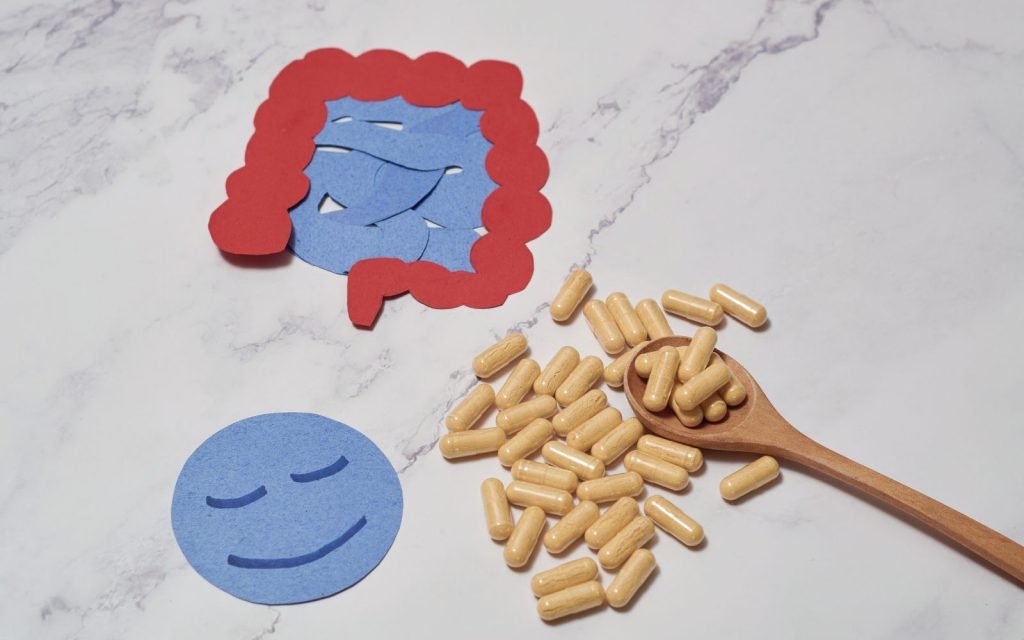
3.1. Look for the Right Strain
Different probiotic strains offer different health benefits. For example, bifidobacteria is ideal for promoting digestion, while lactobacillus is great for supporting overall gut health. Check for baby probiotics that include these strains to get the most out of the supplement.
3.2. Opt for Sugar-Free Probiotics
When choosing baby probiotics, make sure they’re free from added sugars or artificial ingredients. These extras are not necessary for your baby and can lead to other issues like cavities or sugar dependence.
3.3. Check for FDA Regulation
While probiotics are considered supplements and are not always heavily regulated, make sure the product you choose is regulated by the FDA. This ensures it meets safety standards and contains the right type and amount of probiotics.
4. How to Safely Give Probiotics to Your Baby
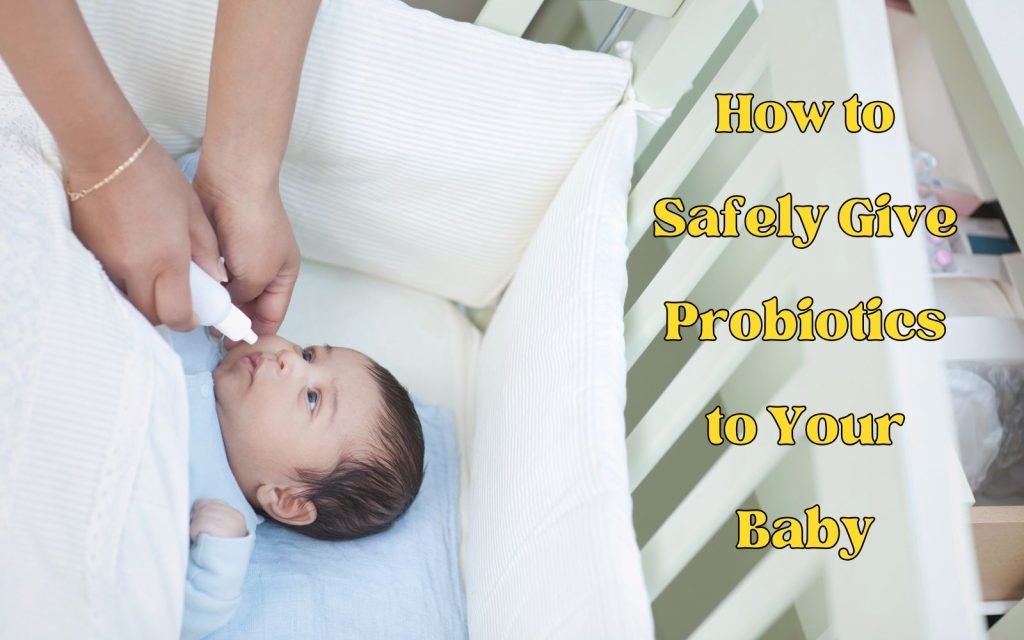
4.1. Talk to Your Doctor First
Before introducing any new supplement, including probiotics, always consult your pediatrician. They can help determine if probiotics are suitable for your baby and suggest the right dosage and type of probiotic based on your baby’s health needs.
4.2. Administer Properly
Liquid probiotics are easy to give. You can use a drop or mix the probiotics into your baby’s milk, formula, or food. Make sure to follow the instructions on the packaging or those given by your doctor to avoid any side effects.
4.3. Start Slowly
If this is the first time you’re introducing probiotics, start with a smaller dose to see how your baby reacts. Some babies may experience mild side effects like gas or changes in bowel movements, but these should subside as the body adjusts.
5. Potential Side Effects of Probiotics in Babies

While probiotics are generally considered safe for babies, especially when given in the right amounts, they can cause some mild side effects in certain infants. These can include:
- Gas
- Slight bloating
- Changes in bowel movements (e.g., softer stools)
These effects are typically temporary and will usually go away as your baby’s digestive system adjusts to the live and active cultures.
In rare cases, babies with weakened immune systems or those born preterm might have a higher risk of side effects. Always check with a healthcare professional if you’re unsure about the safety of probiotics for your baby.
Summary
Introducing probiotics to infants offers several health benefits, from supporting digestion to boosting the immune system and even improving skin conditions. Probiotics can help ease common issues like colic, gas, and constipation while making digestion easier for your baby. By choosing the right strain and form, such as liquid probiotics, you can safely incorporate probiotics into your baby’s daily routine. Always talk to your doctor for proper guidance, especially regarding dosage and safety.
Frequently Asked Questions
1. Are Probiotics Safe for Babies?
Yes, probiotics are generally considered safe for babies. However, it’s essential to talk to your doctor before introducing them to ensure they’re appropriate for your baby’s age and health condition.
2. How Do Probiotics Help Prevent Colic?
Certain strains of probiotics, like lactobacillus reuteri, have been found to reduce colic symptoms by improving digestion and reducing inflammation in the digestive tract.
3. Can Probiotics Help with Infant Diarrhea?
Yes, probiotics can restore the balance of gut bacteria, which may help treat and prevent infections that cause diarrhea.
4. What’s the Best Type of Probiotic for Babies?
Lactobacillus and bifidobacteria strains are commonly used in baby probiotics because they support digestion and the immune system. Always check the product label to ensure it contains the right strains for your baby’s needs.
5. Should I Give Probiotics to My Baby Daily?
It depends on your baby’s health and needs. Some parents give probiotics daily to promote gut health, while others only use them as a treatment for specific issues like colic or diarrhea. Always follow your doctor’s recommendation.
